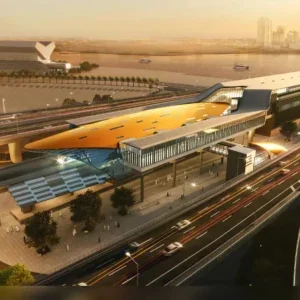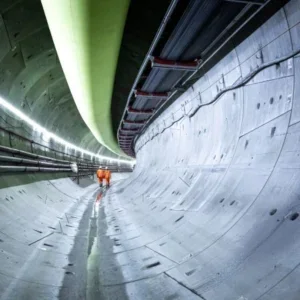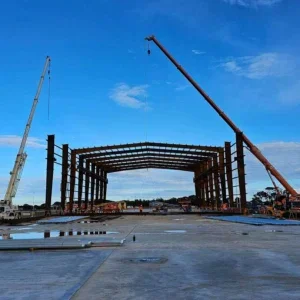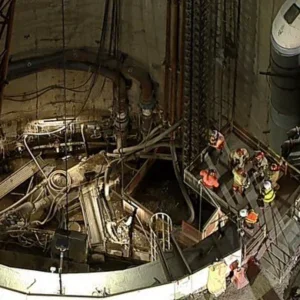The Health and Safety Executive (HSE) recently held a meeting with industry to gather information to inform its economic impact assessment for the implementation of the reduced exposure limits for NO/NO2 in tunnelling. Feedback from industry has thus far been scarce, and HSE looks to press ahead with or without detailed feedback.
The industry was represented at the meeting by Joe Murphy from HS2. Donald Lamont represented the BTS.
Lamont commented, “HSE emphasised the importance to them of an industry response to the proposal. The lack of a vigorous negative response from the industry was being taken as acceptance that the limits were achievable. It was apparent that those in HSE responsible for the implementation were not aware of the problems the proposed limits would cause in tunnelling.”
“HSE has an internal deadline for completing the assessment during February 2018. The limits will come into force in August 2018 but there will be a 5-year transition period for tunnelling and mining. It would be impossible for HSE and the industry to undertake sufficient research to advise the assessment before the end of February. HSE will produce an interim holding assessment but will be open to revising it later.”
HSE is willing to work with the tunnelling industry on gathering data on emission levels and ventilation rates. HSE would use its contacts to review availability of monitoring instrumentation.
The main points made by the industry delegation to HSE were:
- Diesel was currently the most energy efficient means of powering tunnel plant and equipment.
- Low emission diesel fuels were just becoming available but were expensive.
- Alternative types of battery power were just becoming available, but it was difficult to predict how effective they would be in practice.
- Electrical power for stationary plant and equipment was available for bespoke and hence expensive machines, but travelling machinery with trailing cables presented electrical safety risks.
- Portable real-time monitoring Instruments to measure NO/NO2 at the required levels for enforcement were not readily available
- Achieving a reduction from 3 ppm to 2 ppm in NO exposure potentially represents a very significant increase in ventilation capacity.
- Information on levels of NO/NO2 were not currently available but could easily be ascertained from forthcoming tunnelling projects.
- Increased ventilation flow can lead to a dust problem
- There was no health benefit set out in the CD.
- Contamination in urban areas meant that ventilation was inefficient in diluting NO/NO2 which increased further the flow rates required.
- Wage rates in tunnelling were very significantly higher than UK average rates.
- Tunnelling was a 24/7 activity.
- Contractors were generally relaxed about the changes at present due to the 5-year transition period.
- Statutory changes were usually reimbursable by the client under the contract hence additional costs lay with clients.
- Various major tunnelling schemes were identified but small-scale utility tunnelling was ongoing.
- The proposed changes affected tunnel maintenance and top down basement construction also.
- Infrastructure projects were subject to political policy which determined which projects went ahead and when.
No further meetings had been scheduled as Tunnels and Tunnelling went to press. HSE would use Phil Deebank (HSE tunnelling portfolio holder) as the contact with the tunnelling industry.
The UK tunnelling industry is recommended to read the HSE Consultative Document which can be downloaded from www.hse.gov.uk/consult/condocs/cd283.htm and to respond to HSE as soon as possible. HSE’s preferred method for receiving comments is via the online questionnaire which is in the document. The questionnaire can also be sent to HSE at IOELVconsultation2017@hse.gov.uk.
The Chair of the British Tunnelling Society, Mark Leggett, noted “the tunnelling industry should respond to this consultation as soon as possible. This issue has been around for many years, having featured in the BTS Newsletters in 2004 (bts newsletter 2004 sept.pdf) and with significant impact on projects such as the Stonehenge Tunnel”.
Leggett went on to say that “the BTS is keen to develop challenges like this into project ideas that we can progress with input and financial support from industry, and support from the Institution of Civil Engineers. We see that the NO/NO2 issue as one that needs some work, along with dust in underground construction, specifically conventional and SCL tunnelling”







